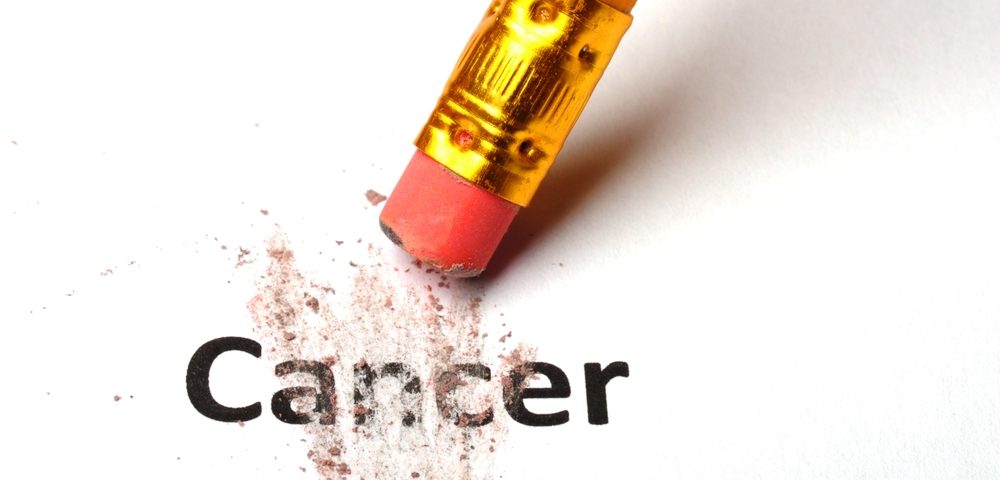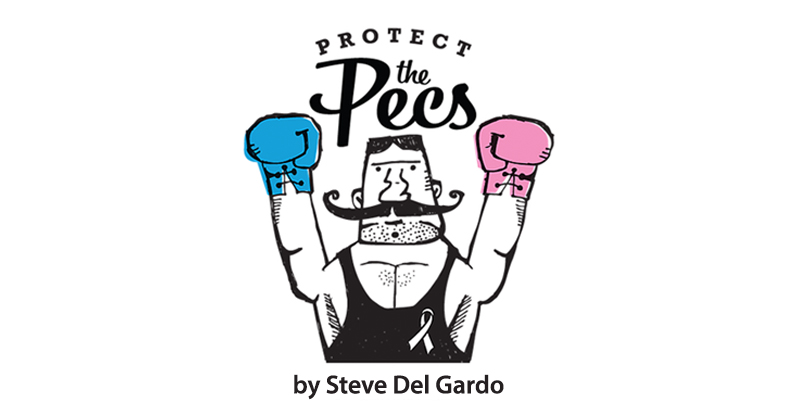Everyone wants The Cure. I am not talking about the pop music group from the late ’80s/early ’90s, even though they had some great hits. I am talking about the cure for cancer. Everyone is asking “Where is the cure?” I do not have an answer and I do not believe there will be one in my lifetime.
The reason I say this is because I don’t know who will have the deciding vote on which cancer should be cured first. Think about it. Of all the cancers in the world, which one should get the funds needed to get the first cure? Can you just imagine the protests when someone or some group decides to use the cure exclusively? If there ever is a cure, then it should be available to all. But that will never happen. There isn’t a magic bullet and we need to stop crying about it.
There are about 100 different types of cancer. So, do we put all of our efforts and funding into finding a cure for the 10 mostly deadly cancers, and just forget about the rest?
I believe we are losing the battle to find a cure. We need to accept that today’s science isn’t up to par to handle the unpredictability of cancer cells’ growth. So, instead of crying for the cure, we should focus on better therapies, medicine, facilities and many more practical ways to fight cancer.
Consider this excerpt from a 2010 article by Amanda Chan that was published in Live Science. “About $200 billion has been spent on cancer research since the early 1970s, and the five-year survival rate for all people diagnosed with cancer in the U.S. has risen from about 50 percent in the 1970s to 65 percent today.”
So based on that statement, I think we should invest our funding into creating a better quality of life for those with cancer, rather than wasting our time to find a cure. Maybe in 100 years, when science is more advanced and we discover a plant on another planet that has the compound to cure, then we can invest billions more. But for now, I think we all need to come to a realization that crying for the cure isn’t the way to go.
I am sorry to be so “in your face” about it, but I am tired of hearing the cries for the cure and blaming groups such as the Susan G. Komen Foundation for not doing enough to find a cure for cancer. I don’t think people realize the huge amount of money that has been invested from Komen and other foundations into cancer research, or the complexity of finding a cure.
“While there are many successful treatments today that didn’t exist just a couple decades ago, a wholesale ‘cure for cancer‘ remains elusive for many reasons,” Chan writes. “There are more than 100 types of cancer, characterized by abnormal cell growth. There are many different causes, ranging from radiation to chemicals to viruses; an individual has varying degrees of control over exposure to cancer-causing agents. Cancer cells, and how they grow, remain unpredictable and in some cases mysterious. Even after seemingly effective treatments, crafty cancer cells are able to hide out in some patients and resurface.”
I want those billions of dollars that go into cancer research to be spent instead to help those who are fighting it have a better quality of life, better therapies and treatments and longer survival rates.
As a breast cancer survivor, I want to see better therapies for men afflicted with breast cancer. That is what I really want — more research into why men get breast cancer, more education for the public and medical professionals, too.
Even though I believe the cure is elusive, I still pray to God that a cure will be found to end all cancers, not just one.
***
(My name is Steve Del Gardo. I am a breast cancer survivor. Warrior of Life. Read my story at www.protectthepecs.org.)
Note: Breast Cancer News is strictly a news and information website about the disease. It does not provide medical advice, diagnosis, or treatment. This content is not intended to be a substitute for professional medical advice, diagnosis, or treatment. Always seek the advice of your physician or other qualified health provider with any questions you may have regarding a medical condition. Never disregard professional medical advice or delay in seeking it because of something you have read on this website. The opinions expressed in this column are not those of Breast Cancer News, or its parent company, BioNews Services, and are intended to spark discussion about issues pertaining to breast cancer.



The same first -line chemotherapeutic agents for breast and ovarian cancer are the same now as when my husband and I were residents in 1987, we found out much to our chagrin when I was diagnosed with Triple Negative Breast Cancer last year. Pitiful. SAD. Ridiculously minimal progress made in the last 30 years. We do need to focus on cure for cancers with poor prognoses (50% death rate or more in 5 years) and support for those living with cancer otherwise. And need to stop treating precancerous DCIS like cancer. IT IS NOT CANCER (similar to solar keratosis or actinic keratosis of the skin and its predisposition to skin cancer IF not removed) and tens of thousands of women every year are mutilated by mastectomy when lumpectomy is appropriate, and subjected to unnecessary life-threatening and humiliating chemotherapy for no benefit. Lumpectomy plus hormone manipulation is appropriate therapy for any DCIS that is estrogen receptor positive. More aggressive therapy MAY be considered for Her2 + or the unfortunate Triple Negative diagnosis, but these patients are not the most common. The time for change in approach to breast disease IS NOW.
Well put Wanda. As a male breast cancer survivor, my mission is to educate the medical profession to diagnose guys earlier. And to the pink charities I say: increase awareness in the community that males can get this disease too from the current 30% to the 100% that, of course, we know that women get breast cancer.
I wish you well in your treatment for TN BC.
Easy for you to say you don’t want a cure when you aren’t stage 4 (as I am).
When your cancer returns in the form of an incurable metastasis, I’m willing to bet you will change your mind.